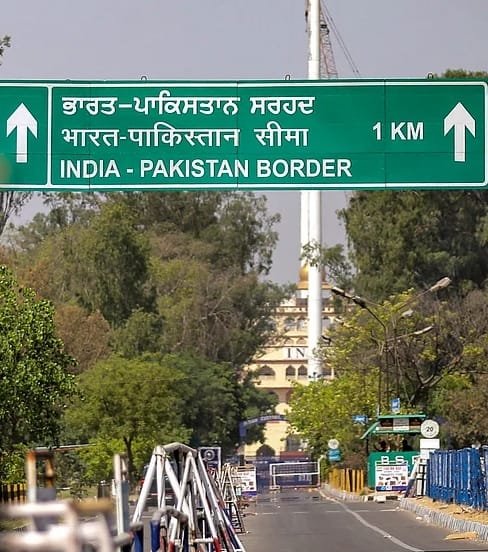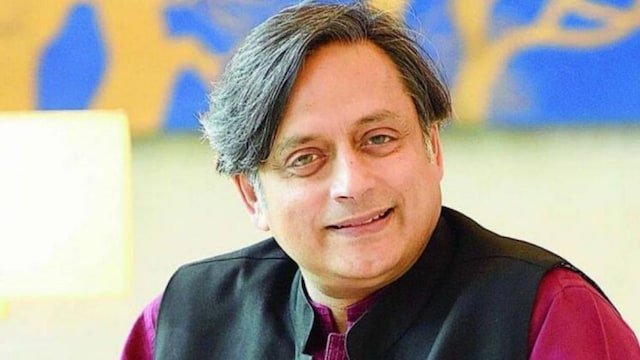Diplomat Desk
New Delhi,(DD): In a notable diplomatic gesture following the first formal political contact between New Delhi and the Taliban regime, India has approved the entry of 160 Afghan trucks through the Attari border with Pakistan. The move is understood to be a “special gesture” aimed at facilitating humanitarian and trade-related supplies from Afghanistan.
This development comes a day after External Affairs Minister Dr S. Jaishankar held a conversation with Amir Khan Muttaqi, the acting Foreign Minister of Afghanistan. The dialogue marks the first publicly acknowledged political engagement between the Government of India and the Taliban administration since the group seized power in Kabul in August 2021.
The clearance of the Afghan trucks is significant not only for its logistical implications but also as a signal of India’s evolving engagement with the Taliban. While India has consistently maintained that recognition of the Taliban would depend on inclusive governance, human rights assurances, and fulfilment of international obligations, this latest outreach underscores a pragmatic approach driven by regional stability and humanitarian considerations.
According to diplomatic sources, the trucks will carry Afghan produce and goods for trade, and may also facilitate the return of essential supplies under humanitarian assistance previously announced by India. The gesture is expected to ease pressure on Afghan traders, support local livelihoods, and reaffirm India’s long-standing commitment to the Afghan people.
India has previously provided wheat, medical aid, and COVID-19 vaccines to Afghanistan through the same corridor, but the approval of such a large convoy is seen as a major step forward in re-establishing functional ties.
Analysts suggest that India’s outreach—marked by high-level political dialogue and operational cooperation—reflects a careful balancing act between strategic caution and regional necessity. It may also be aimed at ensuring that India retains a degree of influence in Afghanistan amidst increased engagement by other regional powers(DD)




